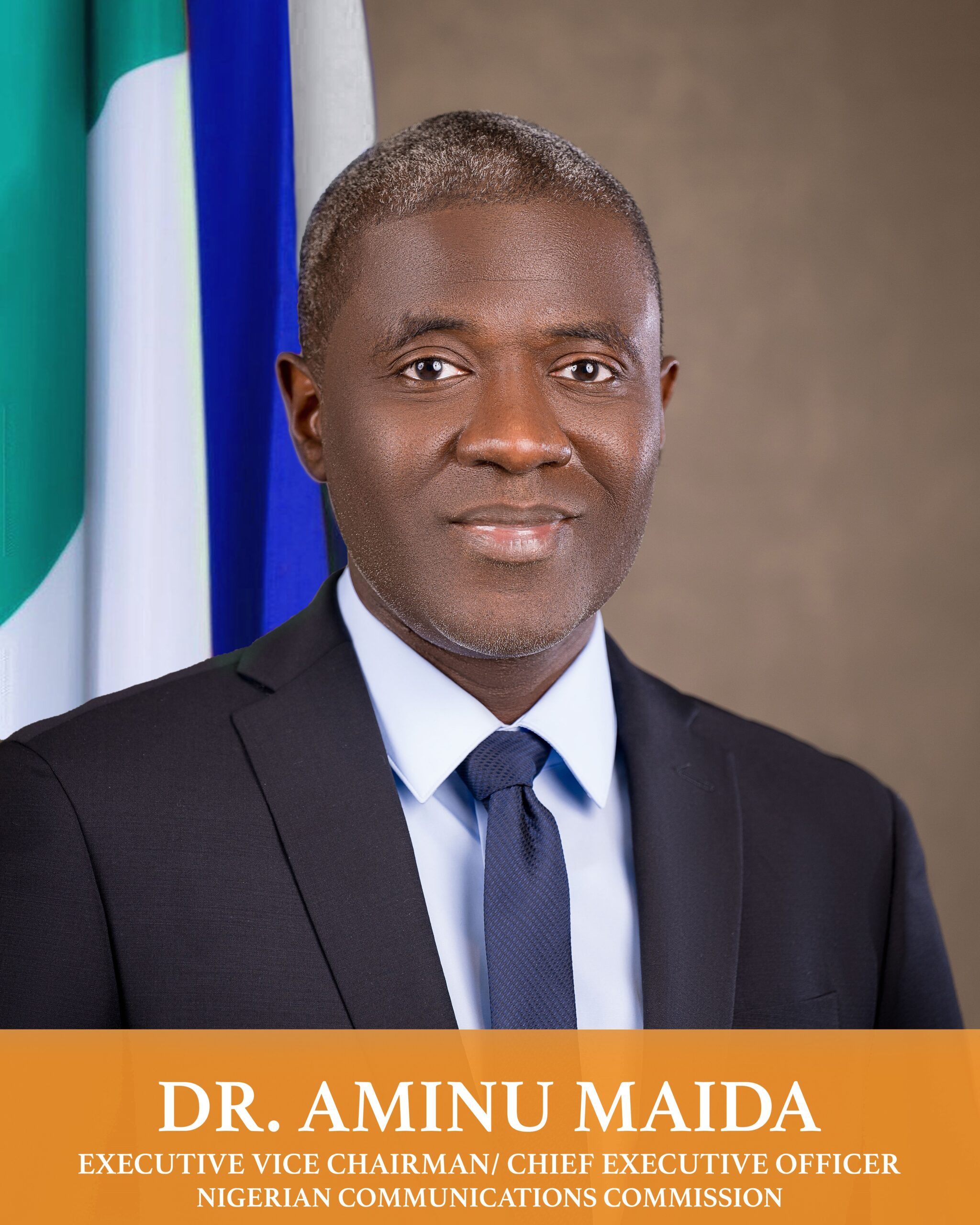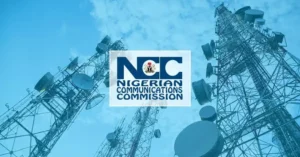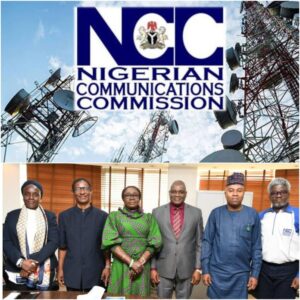

The Executive Vice Chairman and CEO of Nigerian Communications Commission (NCC), Dr Aminu Maida, has informed participants at the two-day public inquiry organised by the body on three regulatory instruments in Abuja that their contributions would be taken seriously to guide the commission.
The public inquiry, which started on Tuesday will end on Wednesday to help shape the future of the telecommunication industry.
According to Dr Maida in his opening remarks on Tuesday, “Your participation, valuable contributions and feedback are vital in shaping a path forward that benefits all of us. Before we delve into the details of these regulatory instruments, let’s take a moment to acknowledge the significance of this event.
The Nigerian Communications Commission, as the independent regulatory authority for the communications industry in Nigeria, has always been committed to promoting an efficient, accessible and competitive telecom industry. The public inquiry we are conducting today is a testament to the Commission’s dedication to transparency and inclusivity ensuring that the voices of all stakeholders are heard and considered.
“These regulatory instruments play a vital role in shaping our communications landscape and we must visit and refine them to address emerging challenges, trends and opportunities. The instruments we considered during this public inquiry are vital in ensuring the communications sector meets the demands of the ever-evolving digital age.
“The first Regulatory instrument on our agenda today is Telecommunications Networks Interconnect Regulations. As we all know, interconnection plays a vital role in enabling seamless communication between two different networks and facilitating the growth of the communication industry in Nigeria. This review is crucial to keep pace with technological advancement, foster competition, protect consumer interest, align with international standards and improve regulatory efficiency in the industry.
“The second instrument to be reviewed is Guidelines on Procedure for Granting Approval to Disconnect Telecommunications Operators. As the industry continues to evolve, the main instances where disconnection of operators becomes necessary these guidelines lay out the procedural framework through which such approvals are granted, ensuring that they are carried out transparently and accountable.
“Lastly, we will review the guidelines for is Guidelines for Dispute Resolution. Disputes are an inevitable part of any industry. It is indisputable in any transaction and having a robust framework to resolve them is crucial, and these guidelines aim to provide a clear and transparent mechanism for resolving conflicts within the communications sector promoting timely resolutions and ensuring that stakeholders are treated fairly.

“As disputes arise, we must evaluate and improve these guidelines to ensure they remain effective in resolving conflicts and promoting a stable telecommunications ecosystem.”
Meanwhile, the Acting Head of Legal & Regulatory Services at the NCC, Mrs Chizu Whyte said that “as the communications industry evolves with emerging technologies, our regulatory instruments must adapt swiftly. The Commission’s collaborative efforts with stakeholders have driven significant advancements and will continue to propel the sector forward.
This Public Inquiry underscores our commitment to regulatory excellence and to building a robust communications sector that supports the Nigerian economy. We value your contributions and look forward to shaping a strong, dynamic industry together.”
While reviewing the three key regulatory instruments, Mrs Whyte said “The first is the Telecommunications Networks Interconnect Regulations. The proposed amendments aim to enhance compliance, provide a comprehensive interconnection framework, and improve monitoring systems.
“Interconnection fosters service delivery and market cohesion, ensuring operators have fair and non-discriminatory access.
“The second is the Guidelines on Procedure for Granting Approval to Disconnect Telecommunications Operators. This framework ensures fairness, transparency, and certainty in disconnection procedures, protecting operators from unjustified disconnections and ensuring contractual obligations are honoured. This review will bolster investor confidence and promote healthy competition.
“The third is the Guidelines for Dispute Resolution. In line with section 73 of the act, effective dispute resolution is essential for resolving issues efficiently and fairly. The updated guidelines aim to streamline the process, save time, reduce costs, and minimize service disruptions, particularly for small claims. This will enhance stakeholder confidence in the resolution process.”




